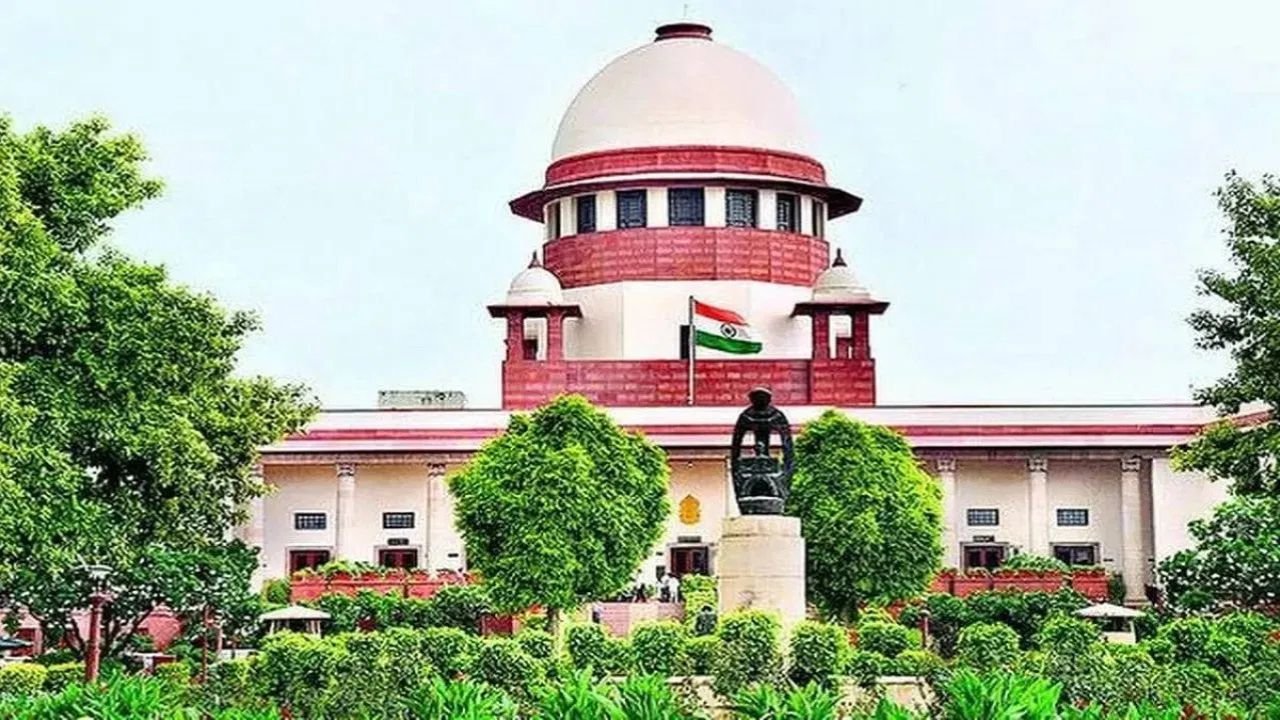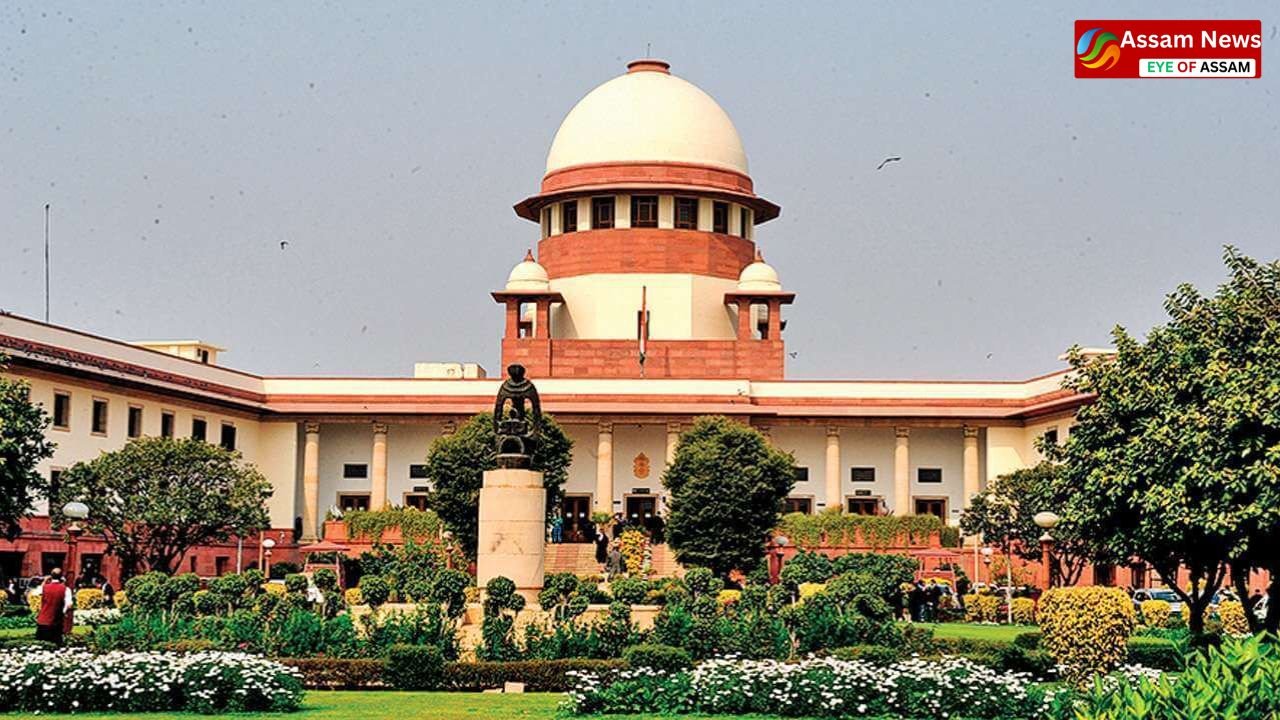Waqf bill: The Supreme Court is hearing the Waqf Amendment Act for the second consecutive day today. It is believed that today the country’s top court can issue an interim order in this matter. This interim order from the Supreme Court can be about stopping the de-notification of Waqf properties. Also, this order can be issued on not implementing the new provisions during the collector’s investigation and the appointment of non-Muslim members in the Waqf Board.
The two-hour hearing was held on Wednesday
Earlier on Wednesday, the Supreme Court heard the matter for about two hours. The court has sought a reply from the central government on these petitions within two weeks. Although the court did not immediately stop the implementation of the law, it definitely expressed concern over the protests and violence happening across the country regarding this law. The court said that this matter is very sensitive and it can affect the social fabric.
On Wednesday, a bench headed by Chief Justice Sanjiv Khanna and comprising Justice Sanjay Kumar and Justice KV Vishwanathan heard 72 petitions filed against the Waqf Amendment Act 2025. Solicitor General Tushar Mehta appeared for the Centre while senior advocates Kapil Sibal, Rajiv Dhawan, Abhishek Manu Singhvi and CU Singh presented arguments on behalf of Muslim organisations and individual petitioners. During the hearing, the Chief Justice said that he wanted to give an interim order that would “maintain a balance of equality.”
Allegations of violation of fundamental rights
The biggest allegation of the opposing parties was that the new Waqf law violates the fundamental rights of Muslims and discriminates against them. They said that this law is unconstitutional and hence it should not be implemented. In response to this, Solicitor General Tushar Mehta called these allegations baseless. Although the court admitted that some provisions of the law are good, but clarification was sought from the government regarding some such as “Waqf by User” and the appointment of non-Muslim members in the Waqf Board.

The court asked the government what is the purpose of including non-Muslims in the Waqf Council. Will the government allow the inclusion of Muslims in the boards of temples? The court also asked what will be the effect if the system of “Waqf by User” is abolished. Will those properties which have been declared Waqf by the court also be de-notified? The Supreme Court also asked where will the Waqf Board get the documents of those hundreds of years old properties which are considered Waqf. After this, the court expressed its desire to give an interim order. However, the Solicitor General demanded to present more arguments and told the court that if necessary, it can hear the case daily. The court then fixed the hearing of the case on Thursday.
what did kapil sibal say
Senior advocate Kapil Sibal argued that when there was no documentation system 300 years ago, then from where would they get the deeds for those mosques. On this, the Supreme Court asked the Center why “Waqf by User” was removed. The Center replied that the properties registered as Waqf will remain. But the court asked what will happen to the properties registered on the basis of “user”. The answer was that the collector will investigate and prepare its record. Sibal called the entry of non-Muslims in the Waqf Board unconstitutional. On this, the Supreme Court asked the government why this provision was added. The government said that the majority of the members in the board will be Muslims and the number of non-Muslims will not be more than two.
The court expressed serious concern
The court said that properties which have been declared as wakf by the court should not be de-notified whether they are “wakf by user” or “wakf by deed”. The court also indicated that it may stay the provision of the amended law under which a wakf property will not be considered as wakf until the collector examines whether it is government land or not.
The court objected to several provisions of the law in its provision-wise analysis. Such as including non-Muslims in the Central Waqf Council and State Waqf Boards, giving the District Collector the power to resolve Waqf disputes and allowing de-notification of Waqf properties declared by the court.
Heated debate and judicial commentary
During the hearing, when the matter of including non-Muslims in the Waqf administration came up, the debate between the court and the Solicitor General became heated. The court asked that when there is no such tradition in Hindu religious institutions, then why in Waqf. The SG said that there will not be more than two non-Muslim members and he is ready to record this in the affidavit. But the court said that if only 8 out of 22 members are Muslims, then non-Muslims will become the majority. Is this in accordance with the religious nature of the institution?







